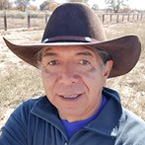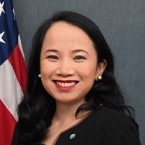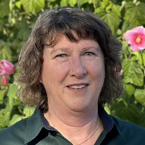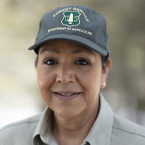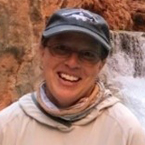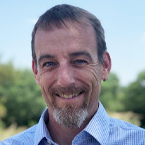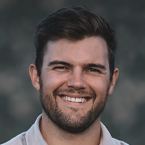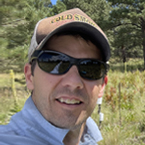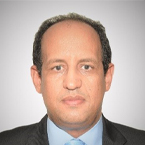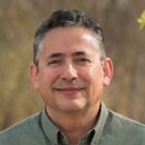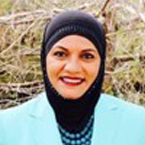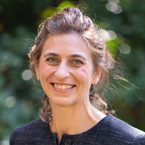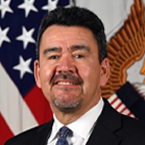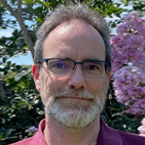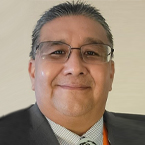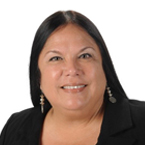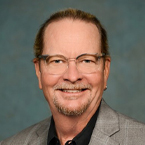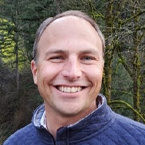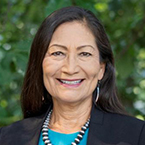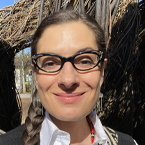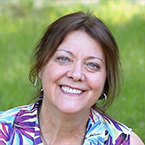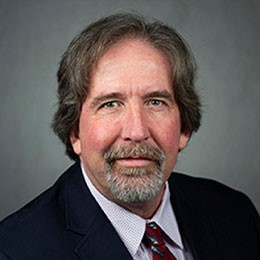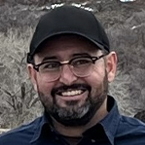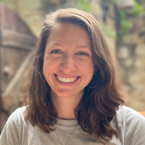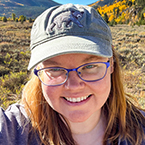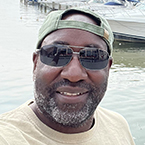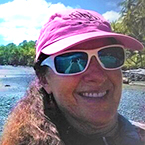Honorable Michael L. Connor
Assistant Secretary of the Army (Civil Works)
The Honorable Michael L. Connor was sworn in as the Assistant Secretary of the Army (Civil Works) on November 29th, 2021, and serves as the principal advisor to the Secretary of the Army on all matters related to the Army’s Civil Works Program. In this role, he establishes policy direction and provides supervision of Department of the Army functions relating to all aspects of the U. S. Army Corps of Engineers' Civil Works program. These responsibilities include programs for conservation and development of the nation's water and wetland resources, flood control, navigation, and shore protection, all important aspects of the President’s climate resilience priorities.
Mr. Connor has served in a variety of positions in the federal government as well as in the private sector. Prior to his confirmation, he was a partner at the WilmerHale law firm, focusing on natural resources, renewable energy development, environmental compliance and Native American law.
During the Obama administration, Mr. Connor served as the Deputy Secretary of the Interior, where he was the Chief Operating Officer, leading the Secretary’s strategy to carry out the department’s mission to protect and manage the Nation’s natural resources and cultural heritage; provide scientific and other information about those resources; and honor its trust responsibilities to American Indians, Alaska Natives, and affiliated Island Communities. Mr. Connor was the first person of Native American descent to serve in that position.
Prior to that role, Mr. Connor served as Commissioner of the U.S Bureau of Reclamation, where he led the agency’s mission to manage, develop, and protect water and related resources in an environmentally and economically sound manner in the interest of the American public.
Mr. Connor has also served as Counsel to the United States Senate Energy and Natural Resources Committee. He started his career with the Department of the Interior in 1993, serving in the Solicitor’s Office, and as the Director of the Indian Water Rights Office.
Mr. Connor has a law degree from the University of Colorado Law School, and a Bachelor of Science in Chemical Engineering from New Mexico State University.
